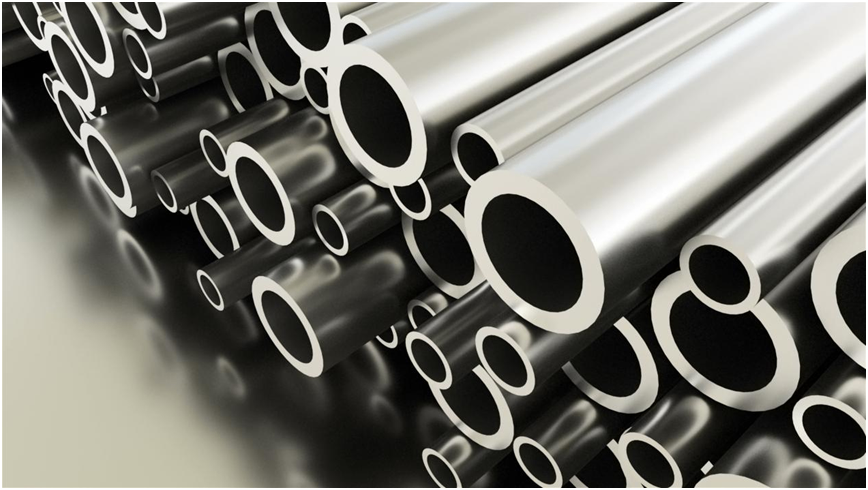According to Reuters, on April 21 local time, India, the world's second-largest producer of crude steel, announced the imposition of a 12% provisional tariff on some imported steel products to curb the cheap imports from China. The report pointed out that this move represents India's first major trade policy shift since US President Trump imposed widespread tariffs on various countries in April this year and launched a trade war with China.
Image Source:699.com
According to the report, the Indian Ministry of Finance stated in an official order on April 21 local time that the tariff would take effect immediately and be valid for 200 days, "unless revoked, replaced or amended in advance."
H.D. Kumaraswamy, Minister of Steel of India, claimed in a statement that the measure aims to protect Indian domestic steel product manufacturers from the adverse effects of surging imports and ensure fair market competition. "This initiative will provide a buffer for domestic producers, especially small and medium-sized enterprises, who have been facing huge pressure due to the increase in imports."
Reuters said that in recent years, the massive influx of Chinese steel has forced some Indian steel mills to scale back their operations and consider layoffs. India's tariff is mainly targeted at China. In the 2024/25 fiscal year, China became India's second-largest source of steel imports, second only to South Korea. According to the provisional data of the Indian government, India has been a net importer of finished steel for the second consecutive year in the 2024/25 fiscal year.
An executive of a leading Indian steel company said, "This decision is in line with expectations. We will now wait and see how this measure will support the industry and profits and limit the entry of cheap imported products into India." He also absurdly claimed that the whole world is directly or indirectly affected by Chinese imports.
It is reported that the investigation behind India's current tariff policy began last December.
In September last year, the Indian Ministry of Finance announced the imposition of tariffs ranging from 12% to 30% on stainless steel welded pipes imported from China and Vietnam for a period of five years. At that time, some experts pointed out that this restriction can protect Indian steel products and steel enterprises in the short term, but it is not conducive to its own upgrading and industrial development in the long run, because the root of the problem lies in the insufficient international competitiveness of the Indian steel industry, resulting in a lack of motivation for enterprises in terms of technological progress and management improvement.
On March 7 this year, when answering questions from Chinese and foreign journalists about China's foreign policy and external relations, Chinese Foreign Minister Wang Yi said that China and India are important neighbors to each other. The Chinese side has always believed that being partners who achieve mutual success and realizing the "Dance of the Dragon and the Elephant" is the only correct choice for both sides.
Wang Yi pointed out that as the two largest developing countries, our common task is to accelerate the development and revitalization of our respective countries. The two sides should support each other instead of consuming each other, and cooperate closely instead of guarding against each other. This is in line with the fundamental interests of the two countries and their peoples.



